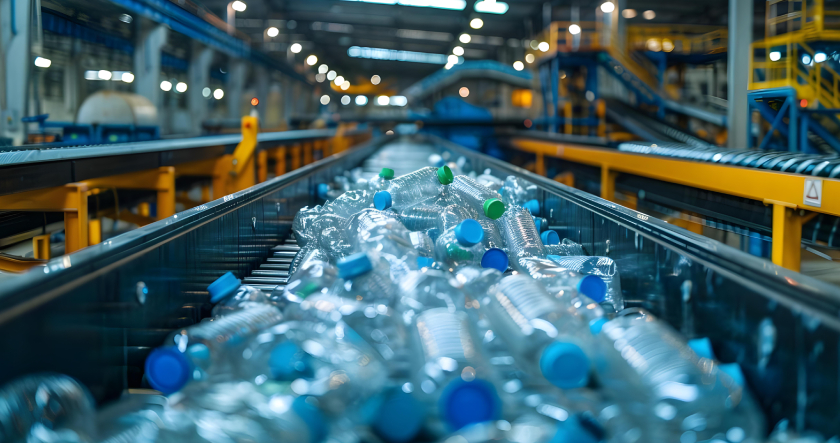Synopsis –
Extended Producer Responsibility (EPR) is becoming a strategic tool for businesses in India to manage their environmental impact effectively. This blog discusses the importance of EPR certification in fostering sustainable business practices and achieving compliance with India’s stringent environmental regulations. Discover how EPR certification not only helps companies meet legal requirements but also drives innovation in product lifecycle management, waste reduction, and recycling initiatives.
The Role of EPR in Modern Business Practices
In India, as environmental awareness grows and regulatory pressures increase, Extended Producer Responsibility (EPR) certification is becoming essential for businesses across various sectors. EPR mandates that manufacturers and importers take responsibility for the entire lifecycle of their products, including post-consumer waste. This policy aims to reduce the environmental impact of products by ensuring they are recycled or disposed of properly at the end of their lifecycle.
What is EPR Certification? EPR certification involves a comprehensive process where businesses are assessed on their ability to comply with environmental regulations concerning waste management. It includes the development of systems for effective waste collection, recycling, and recovery of products they manufacture or import. Obtaining EPR certification signifies that a company is committed to environmental stewardship and sustainable practices.
Benefits of EPR Certification The benefits of EPR certification extend beyond mere compliance. For businesses, it fosters brand loyalty and trust among consumers who are increasingly looking for environmentally responsible companies. It also encourages companies to innovate in their product design and packaging to make them more sustainable and easier to recycle. Furthermore, EPR certification can lead to cost savings in waste management and materials by promoting the use of recycled content in new products.
Challenges in Obtaining EPR Certification Achieving EPR certification can be challenging due to the complexity of product lifecycles and the need for extensive coordination with supply chain partners. Companies must ensure that their products, once deemed waste, are collected and recycled in an environmentally sound manner, which requires robust systems and processes. Additionally, the evolving nature of environmental regulations means that businesses must continually adapt their practices to maintain certification.
Statistical Insight A report by the Federation of Indian Chambers of Commerce & Industry (FICCI) suggests that compliance with EPR mandates has led to over 30% increase in recycling rates within the first year of implementation for many companies, highlighting the effectiveness of EPR in improving waste management practices.
Quote from a Famous Indian “Nature is painting for us, day after day, pictures of infinite beauty,” said John Ruskin, highlighting the intrinsic value of preserving our environment. EPR certification is a step towards maintaining this beauty by ensuring businesses contribute positively to environmental conservation.
Endeavor Recyclers Role in EPR Certification At Endeavor Recyclers, we provide expert consultation and support to businesses seeking EPR certification. Our team of experienced EPR consultants helps companies navigate the certification process, from initial assessment to implementation of compliant recycling solutions. By partnering with us, businesses not only ensure compliance with Indian environmental laws but also enhance their sustainability practices, leading to a more positive impact on the environment.
This blog is designed to educate and encourage businesses in India about the importance of EPR certification as a cornerstone of modern corporate sustainability practices. It discusses how embracing EPR can lead to significant environmental and economic benefits, positioning companies as leaders in sustainability within their industry.


